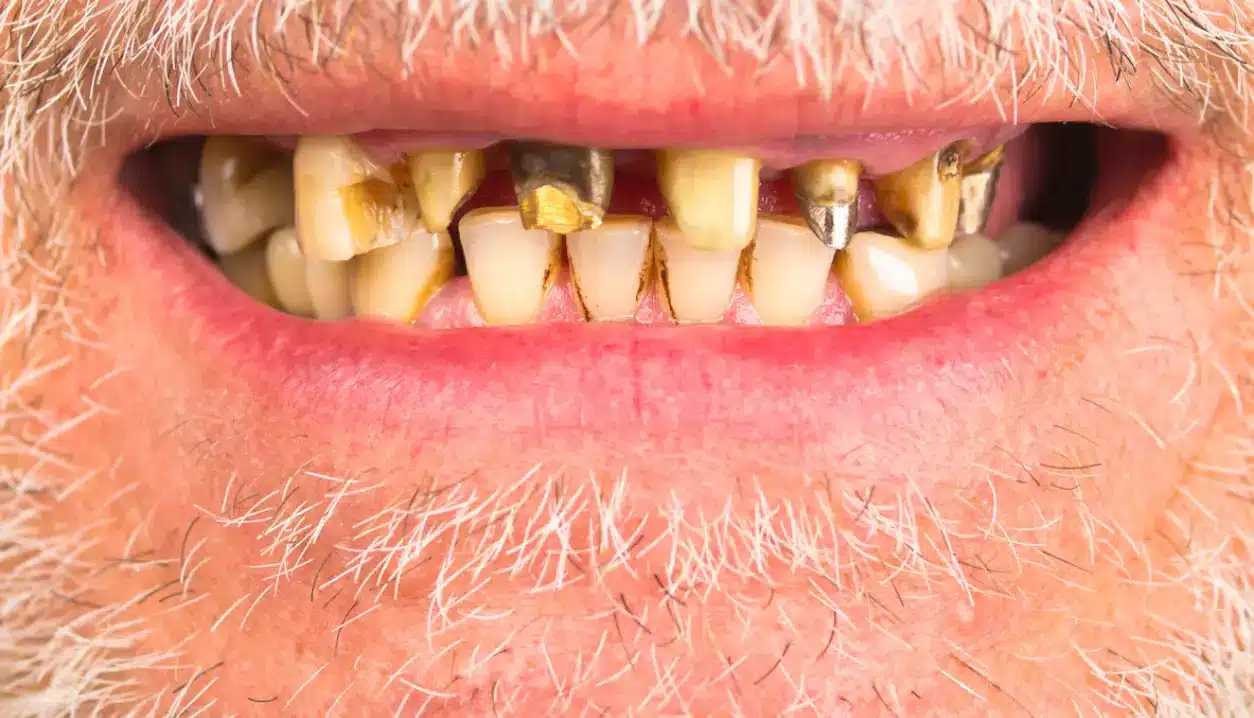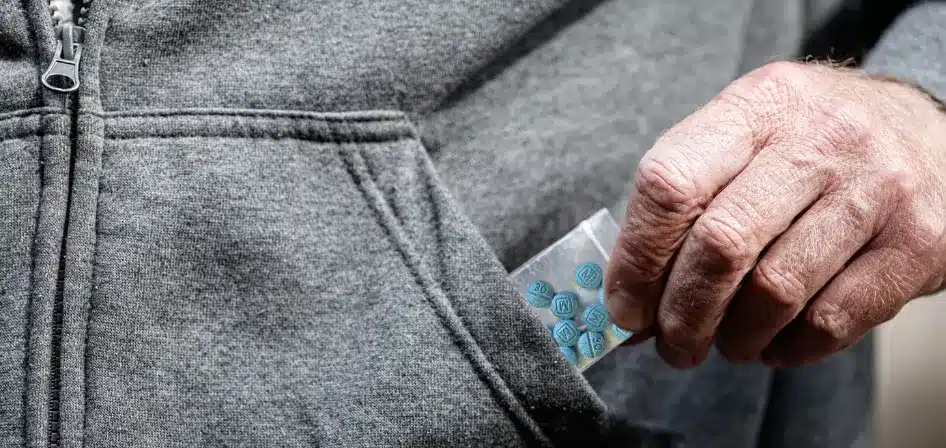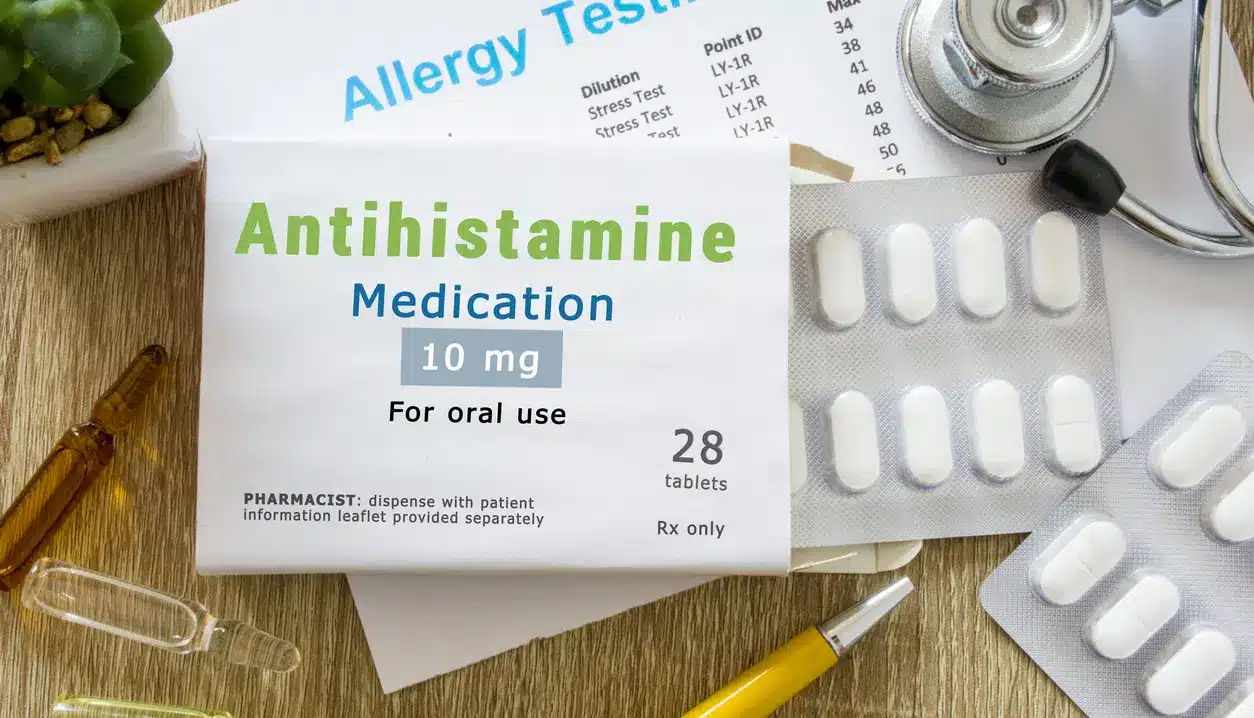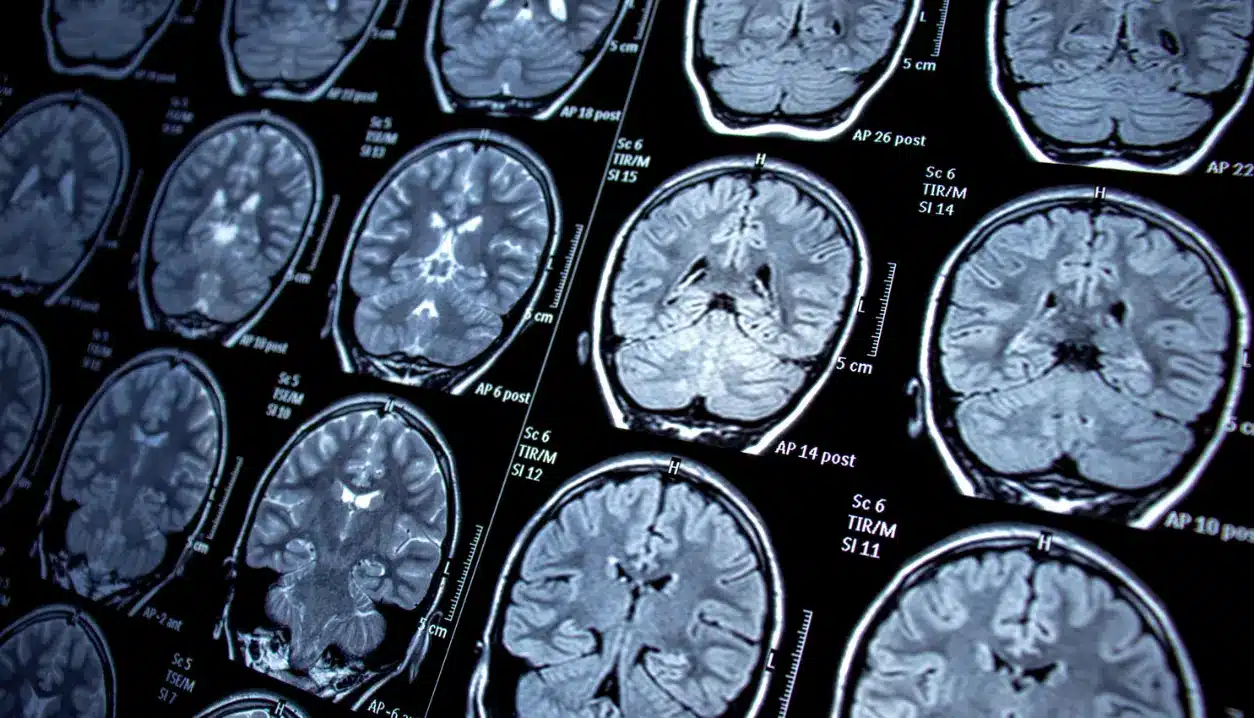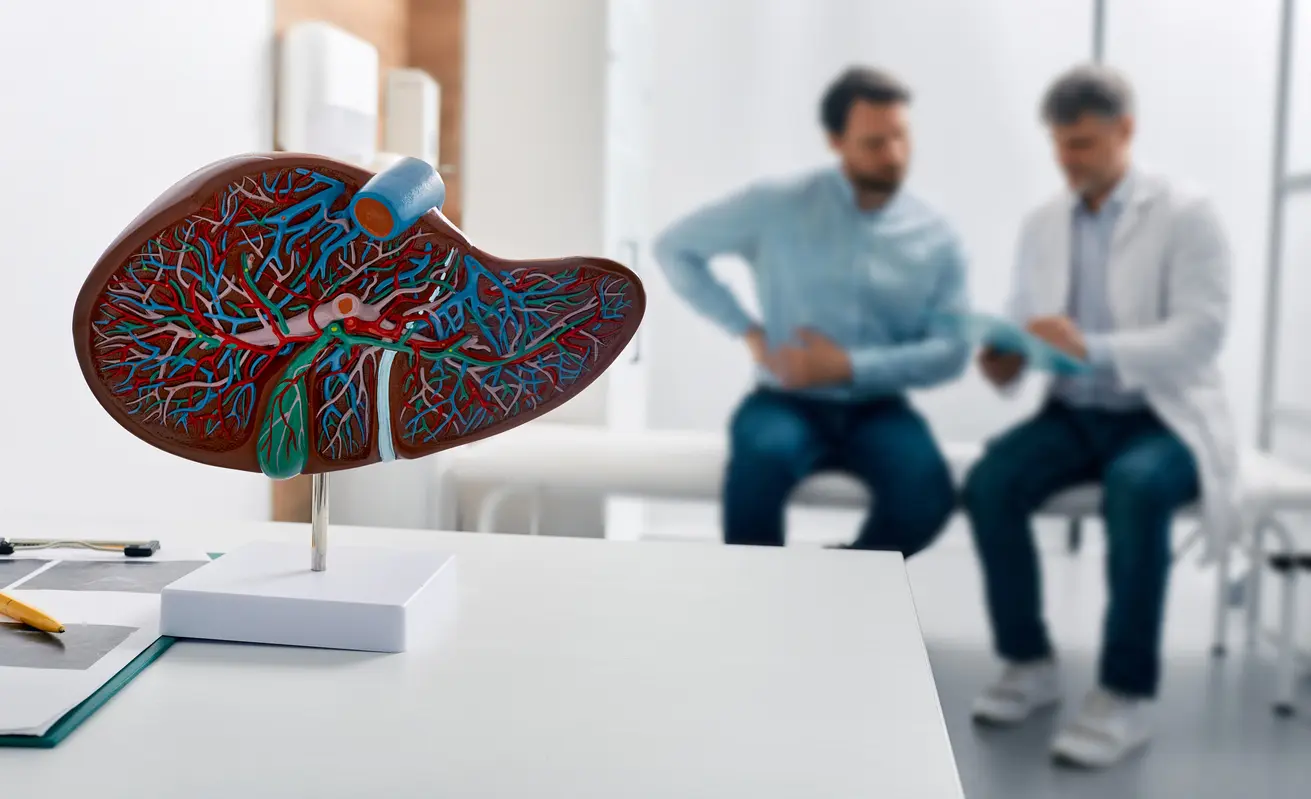Find Treatment Centres for Drug & Alcohol Rehab in Peak District
At Ocean Recovery rehabilitation from drug or alcohol addiction can be comfortable and stress free. Our intensive treatment and therapy programmes for alcoholism will help on the road to recovery. With high success rates and very low relapse rates you couldn’t be in better hands.


Looking for Drug and Alcohol Rehab in Peak District?
We have drug and alcohol treatment centres that serve the Peak District. There is a centre near you!
Peak District Drug and Alcohol Treatment Centres
Drug and Alcohol Rehab Centres in Peak District
If you start consuming drugs or alcohol regularly and often exceed the recommended daily limit, this can lead to serious physical and mental health issues. Alcohol or drug abuse is extremely damaging. A prolonged period of drug or alcohol abuse can lead to a broken social life, drug or alcohol addiction has been cited in many divorces, and also problems with jobs and careers. The majority of drug addicts or alcoholics lose their jobs or have to drop out of education.
The problems above can be avoided, by reducing or stopping drug or alcohol consumption. There is help available if you want to quit drinking, Ocean Recovery Centre offers Drug and Alcohol Rehab in the Peak District to help guide you to a life without a drug or alcohol addiction. We work with a tried and tested program that involves drug and alcohol detox, drug and alcohol rehab and post detox therapy. Our centre is situated in Blackpool, around a two-hour drive from the Peak District. We will pick you up and transport you to our drug and alcohol rehab centre. Don’t wait, call us today to change your life for the better, 01253 847 553.
How Does Drug and Alcohol Rehab Peak District Work?
At our Drug and Alcohol Rehab Peak District centre, we aim to improve your life by helping you quit drinking alcohol and stop using drugs. Once you feel you are ready to stop, speak to one of our advisers. The first initial conversation we can gauge whether you need our help and residential drug or alcohol addiction treatment.
Once you accept our help, we can pick you up from your Peak District home or you can come by yourself. The process will start with an initial consultation and by setting targets, after this the detoxification will begin. Once the detox is complete the focus turns to locating the root cause of the drug or alcohol abuse with the aim identifying the triggers. Drug and Alcohol rehab aftercare is provided on an outpatient basis for a year, this can be extended if required.
Drug and Alcohol Detox, What Is It ?
Drug and Alcohol Detox is the first stage in drug and alcohol rehab. Alcohol and drugs affects almost every cell in the body meaning it is very hard and complicated to withdraw from it. Rehab clinics generally recommend that those affected by alcoholism or drug dependency complete a detox programme before starting the rehabilitation. The purpose of the drug and alcohol detox is to eliminate all traces of drugs and/or alcohol from the body, this ensures the addiction sufferer is completely clean before rehabilitation.
Is drug and alcohol detox hard?
It can be. For a lot of people it is very tough going. Stopping a habit you may have been relying on for years isn’t going to be easy as your brain and body can be reliant on drugs or alcohol. Some recovered alcoholics and drug abusers say it’s been the hardest thing they’ve ever done. However, the human mind is very resilient and the body tough. We have provided countless detox services over the years and we know it is possible for everyone to get through it.
Drug and Alcohol withdrawal symptoms
Withdrawal symptoms are common when detoxing from drugs or alcohol, and there is a variety of symptoms, each with varying degrees of severity. It is impossible to tell whether you will experience mild, moderate or severe symptoms until they occur, however, we can prevent the most serious symptoms in our supervised facilities.
Typically, symptoms will begin between six and twelve hours after having taken your last intake of drugs or alcoholic drink. This means that symptoms can occur even when there is a significant amount of alcohol or drugs still present in the body. Symptoms includes tremors, sweating, small appetite, nausea, irritation, and the feeling of restlessness. You may experience a rapid pulse and raised blood pressure, and you could experience anxiousness.
Is drug and alcohol detox worth it?
It absolutely is! Alcohol and drug addiction has destroyed people worldwide. It has broken families and relationships, and ended careers and even lives. If you have been suffering from alcoholism or drug abuse, the withdrawal symptoms are nothing compared to the risks. Call our drug and alcohol rehab Peak District centre now on 01253 847 553.
Drug and Alcohol Rehab Peak District Post Detox
After you finish your detox period, we move onto another challenging part of rehab: post detox therapy. This is just as important as detox. Detox gets you clean, whilst post-detox treatment helps you stay clean. Based on your history and everything you have told us during the initial conversation and meeting, we will find the most suitable treatment for you.
A popular post detox therapy technique is for example Cognitive Behavioural Therapy or CBT. This treatment allows you to understand yourself, and why drug and alcohol has become an addiction in the first place. CBT will also help you find ways to combat cravings for drug and alcohol and help avoid situations that could lead to drinking.
Outside of CBT, there are many different techniques that can help you to improve your mindset and our expert doctors and counselors help maximise the chances of staying drink-free for the rest of your life.
Ready to start drug and alcohol rehab?
Call Ocean Recovery today to find out more. Call on 01253 847 553. Alternatively complete the enquiry form and a member of the team will respond shortly.
Request A Callback
Enter your phone number and a member of our team will call you back to discuss your recovery.
Contact Us
For more information please get in touch using the information below
Call: 01253 847 553 Send us a messageDownload Our Brochure
For more information about the addiction services that Ocean Recovery offer, download our brochure.
Download our brochureDo I need help?
A lot of people are unsure if there are suffering from addiction. Take these tests to find out if its effecting you without your knowledge.
Select your test and find out more
Alcohol Addiction
Drug Addiction
Useful Resources
- Am I addicted to Alcohol?
- Can You Avoid Alcohol Withdrawal Symptoms?
- Am I Drinking Too Much?
- Benefits of Private Drug Rehab
- Commonly Abused Illicit Drugs
- How Alcohol Affects the Brain
- How to Deal with Alcohol Cravings
- Does Rehab Work for Drug Addicts?
- How Do I Help A Drug Addict?
- How to Stop Taking Cocaine
- How to Stop Using Crack?
- How to Succeed at Sober Living After Rehab
- How to handle triggers and prevent relapse
Our Centre
Rehab In Northern England

Google Reviews
4
Tel: 01923 369161
Email: info@oceanrecoverycentre.com
Address: 94 Queen's Promenade, Blackpool, FY2 9NS
View CentreOur Partnering Centres
Rehab in Scotland

Google Reviews
5
Tel: 01475 303998
Email: info@novarecovery.com
Address: 10-12 Scott St, Largs, North Ayrshire, KA30 9NU
View CentreRehab in Greater London

Google Reviews
4.5
Tel: 01923 369 161
Email: info@cassioburycourt.com
Address: Cassiobury Court, Richmond Drive, Watford, Herts, WD17 3BH
View CentreRehab in the Midlands

Google Reviews
4.5
Tel: 01908 489 421
Email: info@asanalodge.com
Address: 48 Moorend Rd, Yardley Gobion, Towcester, NN12 7UF
View CentreOur Blogs

How to Commit to Sobriety
If you are suffering from alcohol addiction or substance misuse issues, it can be very difficult to overcome. Sobering up in the first place can be a major challenge, but recovery is not a single step – it is an ongoing process. Committing to sobriety means making a serious and continuing effort to stay away

Life After Addiction: How to Cope With Survivor’s Guilt
Recovering from addiction is a very personal journey, but something many share is a sense of achievement and renewal. On the other side of the coin, for many individuals who have walked this path, the joy of recovery can be accompanied by an unexpected emotional burden – survivor’s guilt. And this feeling (which is commonly

What Does Ketamine Do to Your Bladder?
Ketamine, in the context of recreational drug abuse, can have severe effects on our bodies – with one of the major organs impacted being the bladder. But what does ketamine do to your bladder? And why is it so serious? Find out the answer to this question and more below. What Is Ketamine? Ketamine is

The Link Between Alcohol and Chest Pain
The UK is known for its drinking culture, and many people use alcohol – often to excess. It’s estimated that 24% of adults in England and Scotland regularly drink over the Chief Medical Officer’s low-risk guidelines, while 27% of drinkers in Great Britain binge drink on their heaviest drinking days. Alcohol is linked to a

Methamphetamine Mouth: Signs, Causes & Risk Factors
The UK and USA are two of the biggest drug-taking nations in the world. Both countries have problems with drug addiction among the population and indulge in similar substances such as cocaine, opiates and meth. Although meth use isn’t as common here in the UK when compared to the US, tens of thousands still use

Are Fentanyl Deaths Rising in the UK?
There has been significant concern that the number of fentanyl-related deaths in the UK has recently been on the rise. In this article, we assess whether fentanyl is a widely used drug in the UK and how many people have died as a direct result of fentanyl use. What is Fentanyl? Fentanyl is a powerful

Can You Get Addicted to Antihistamines?
Antihistamines are medications commonly used to treat the symptoms of allergies, including hay fever, conjunctivitis, hives and reactions to insect bites and stings. They also have a number of other legitimate uses, such as treating nausea and sickness, motion sickness and insomnia. They can also be misused, particularly in forms that can make you feel

What is Wet Brain?
Alcohol abuse can lead to numerous health problems, and sadly, some of them can be severe and life-threatening. One of those conditions is known as “wet brain,” an informal term for Wernicke-Korsakoff Syndrome (WKS). This syndrome is a serious brain disorder, which is caused by a deficiency of thiamine (vitamin B1), and it’s often linked

Alcohol and Panic Attacks: Is There a Link?
When we drink alcohol, it can definitely cause some feelings of anxiety. But can they cause something more significant, like a panic attack? This question is one that many want an answer to as they work on understanding their personal relationships with alcohol and mental health. This blog explores whether there is a genuine link

How to Repair a Damaged Liver from Alcohol
.The liver, one of the body’s most vital organs, plays an essential role in processing nutrients, filtering toxins, and supporting overall health. Unfortunately, excessive alcohol consumption can severely damage this important organ. Understanding the impact of alcohol on the liver and recognising the signs of damage are the first steps towards recovery. This article explores




